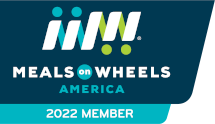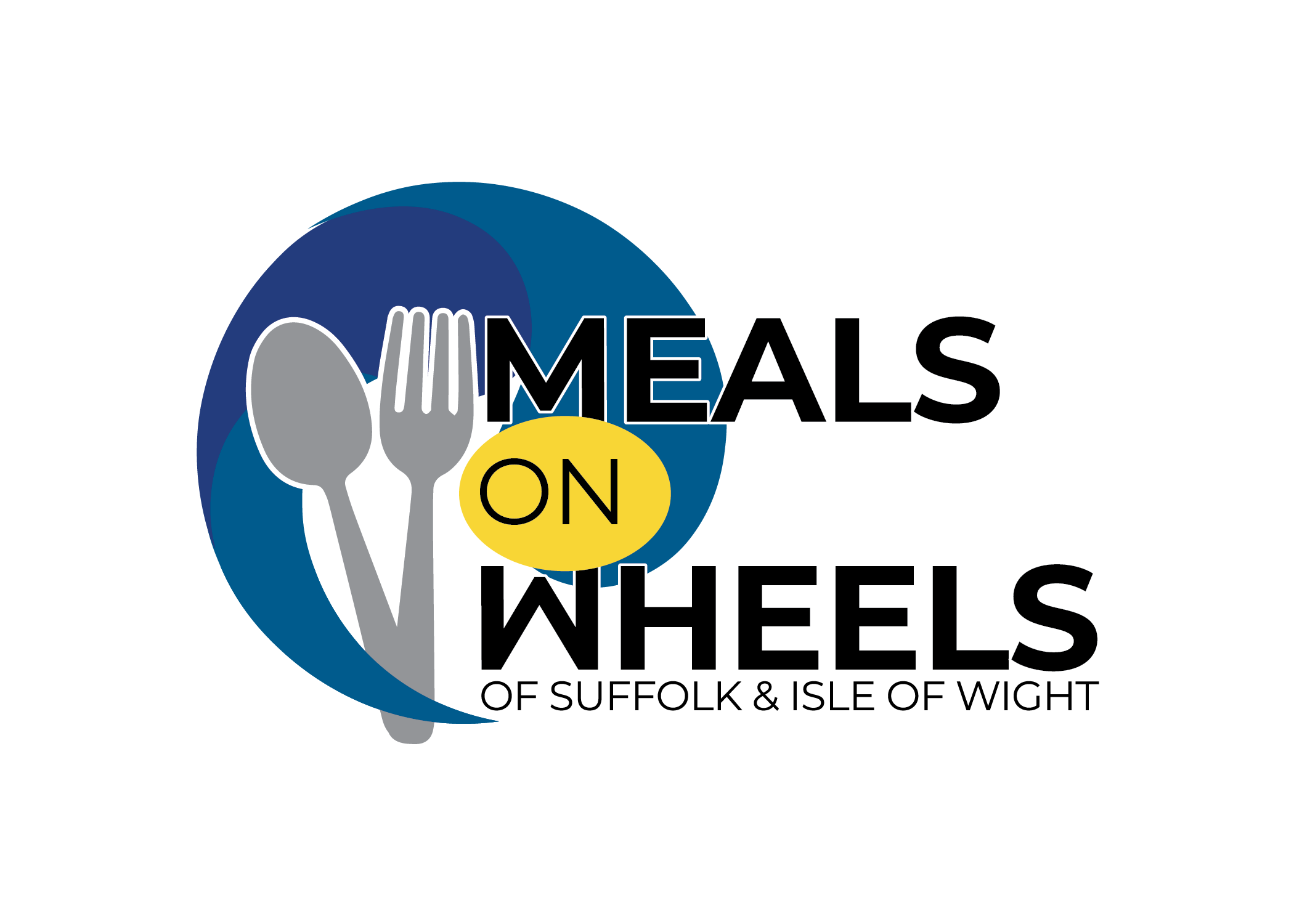Our History
Suffolk Meals on Wheels has a wonderful reputation for good food and good service. We provide meals to anyone who is homebound, disabled, isolated, frail or elderly and unable to prepare meals to meet their nutritional needs
Our meals are:
- Prepared by the Sentara Obici Hospital Food Service Department
- Provide 2/3 of the minimum daily nutritional requirements for adults.
- Can be modified to meet special dietary requirements, such as low sodium, diabetic, renal, etc.
- Are delivered to each person’s home Monday through Friday, every week.
Suffolk Meals on Wheels, Inc. is a non-profit organization located on the Garden Level of Sentara Obici in Suffolk, Virginia. Suffolk Meals on Wheels volunteers deliver hot, nutritious meals to homebound residents in the Suffolk and Isle of Wight Region who find it difficult or impossible to prepare meals for themselves. Meals are delivered at lunchtime every Monday through Friday. We currently have an active volunteer force of over 300. As an independent, local organization, Suffolk Meals on Wheels receives neither state nor federal funding for its operating budget. Instead, they rely on contributions from individuals, businesses, and organizations in the community to support its home-delivered meals program. Some clients pay the full cost of their meals and Senior Services provides subsidies for certain individuals who meet their eligibility requirements.
The meals are prepared under the supervision of a registered dietician at Sentara Obici Food Services Department and each client’s dietary needs are met. Special diets are available including diabetic, renal, no-salt-added and soft or chopped food.
Suffolk Meals on Wheels provides a source of daily social contact for people who would otherwise be alone. It also allows for earlier release from hospitals and long term care facilities and helps in keeping elderly and disabled persons out of institutions altogether. It can help older married couples to remain together and gives many people the opportunity to live in their own homes for longer periods of time. Because volunteers check on meal recipients every day, people who live alone can feel safe, knowing that someone would notice if anything were to happen to them.

